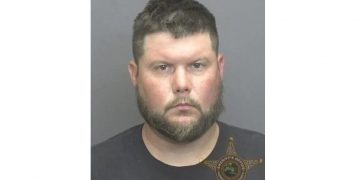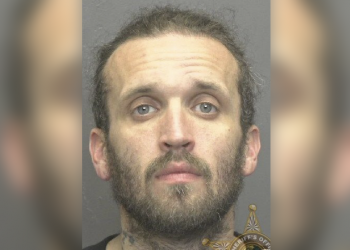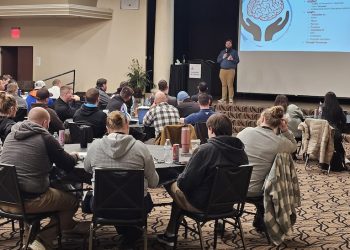Indianapolis, Indiana – The winter utility disconnect ban in Indiana expires on March 15.
The moratorium is in effect from December 1 to March 15 each year. If a customer is 1) receiving assistance from the federally funded Energy Assistance Program (EAP) or 2) eligible for EAP funds, has formally applied for the program at a local EAP intake office, and provided the utility with written proof, the utility is prohibited by Indiana law from disconnecting the customer’s service.
Municipal utilities, investor-owned utilities, and rural electric cooperatives are all subject to the moratorium (REMCs). It doesn’t apply to companies that offer telecommunications services, water, sewage disposal, or bulk fuels like propane.
The ban is intended to keep Hoosiers warm during the coldest season of the year. Nonetheless, they are still in charge of covering their debts.
Customers who make payment plans had “dramatically” decreased likelihood of being disconnected in the spring, according to the Indiana Office of Utilities Consumer Counselor (OUCC). In order to demonstrate a “good-faith attempt” to pay their debts during the winter, the office also advised customers to make payments—even if they were just partial ones.
Any home that had been shielded by the moratorium prior to March 15 may be at danger of being disconnected. Utility companies are requesting that consumers contact them right away.
Customers could prevent disconnecting, according to AES Indiana, by coming to a payment agreement or requesting financial aid before the moratorium expires.
Winter financial assistance options include:
• The Energy Assistance Program (EAP) can help low-income Hoosiers with natural gas and electric bills. Those who qualify are protected from service disconnection during most of the winter heating season (but remain responsible for charges). For more information, call 1-800-382-9895 toll-free or view the directory of intake offices by county.
• The United Way of Central Indiana’s Winter Assistance Fund runs from November through May for Marion County residents who meet certain income guidelines. The fund helps people who can’t afford heat and electricity but do not qualify for EAP.
• AES Indiana offers its Power of Change program, which provides one-time grants for electric bill assistance.
• Citizens Energy Group’s Warm Heart Warm Home Foundation also offers grants to help customers keep their utility service and catch up on past-due bills.
• Duke Energy’s Share the Light Fund provides up to $300 to customers to help with bills, deposits, and reconnection/connection charges.
• Additional help may be available from township trustees or private charities; the state recommends contacting Indiana 211 for more information.




















































































